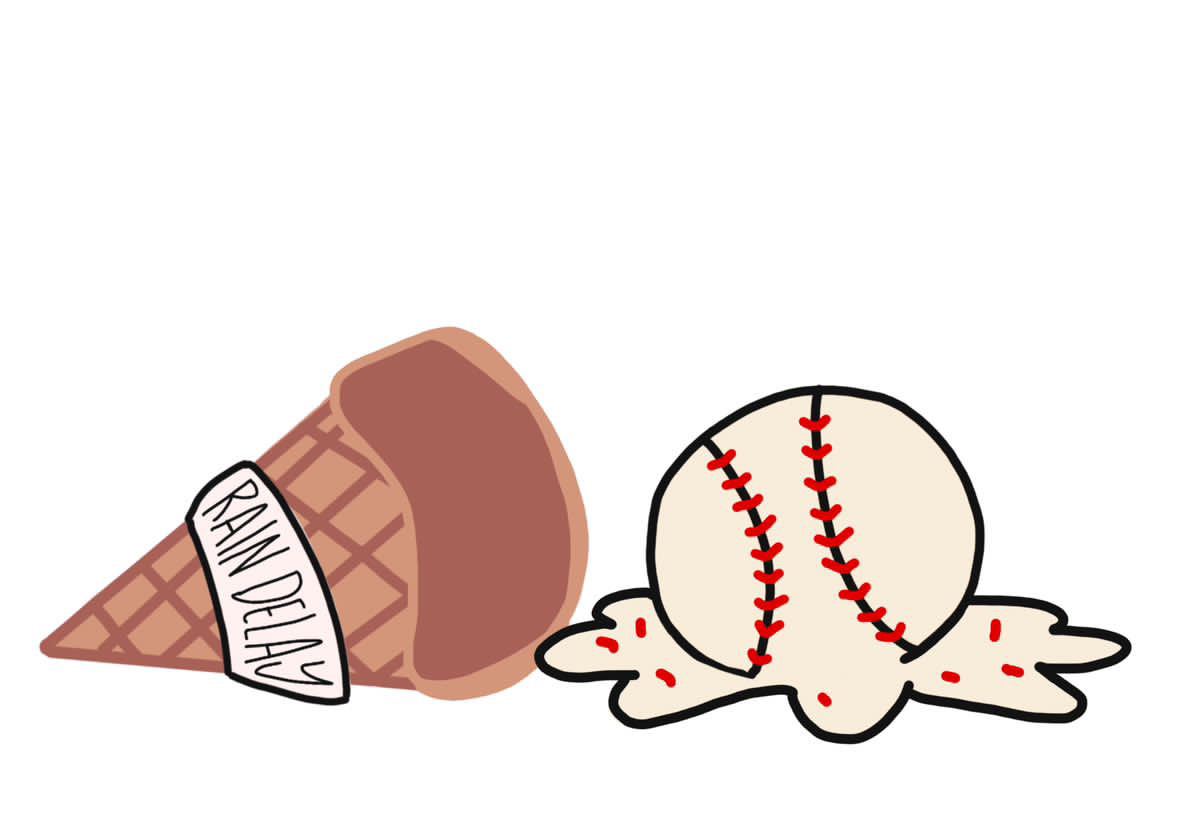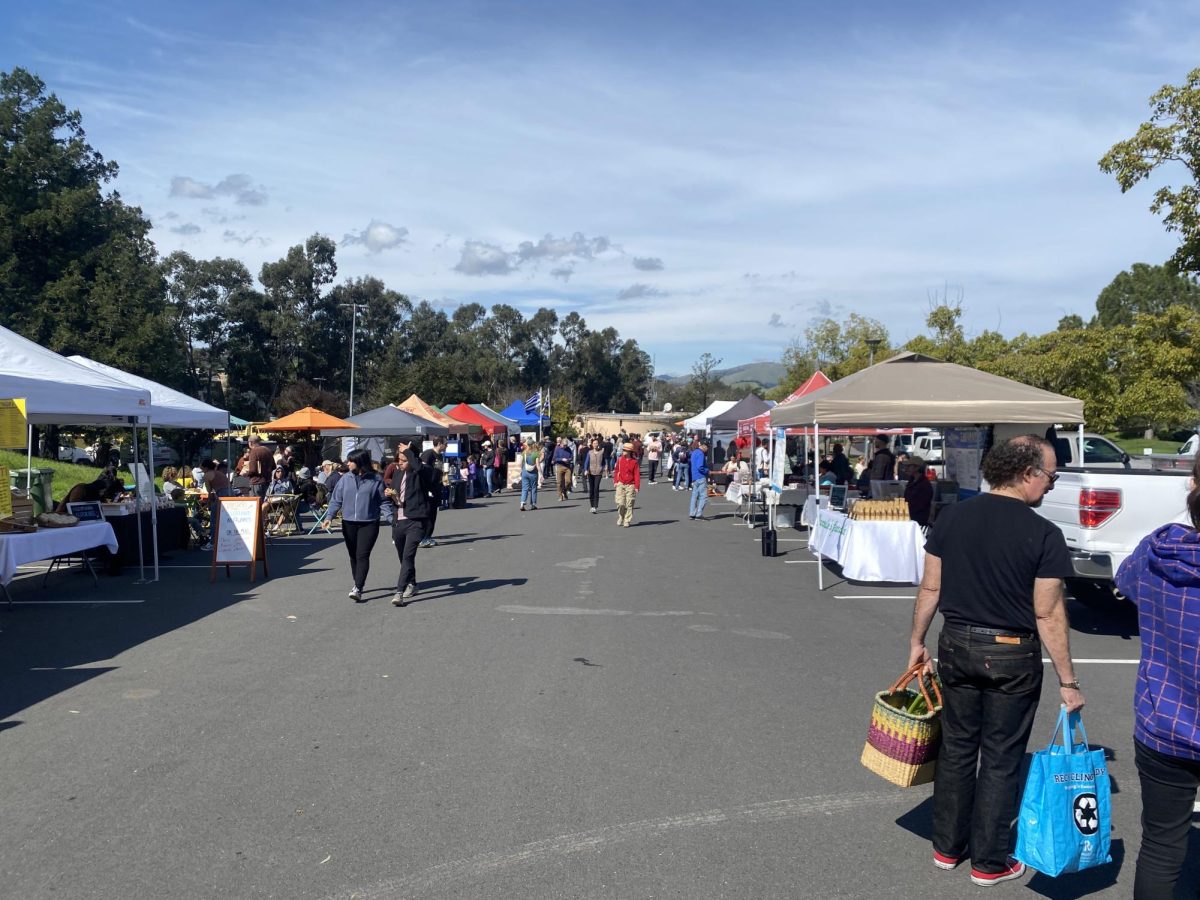Rapper J. Cole released his fifth studio album, “K.O.D,” on April 20, just four days after announcing the album’s release via Twitter. On April 19, Cole used Twitter to address the meaning behind his album’s title. He wrote, “KOD. 3 meanings./Kids on Drugs/King Overdosed/Kill Our Demons/The rest of the album I leave to your interpretation.” According to a Worldstar Instagram post, the “K.O.D” title track, “KOD,” garnered over 4.2 million Spotify streams, passing the previous U.S. Spotify record holders for the biggest opening day.
Throughout “K.O.D,” Cole’s songs are strongly supported by mellow beats and hints of jazz music in tracks like “Intro.” This style brilliantly brings his voice to the forefront, enabling listeners to focus on his meaningful lyrical messages concerning topics such as drug abuse, relationships, the unintended consequences stemming from the overidalization of materialism and the problems lower class American communities face today.

The album’s main theme regards the detrimental effect that long-term drug usage has on the ability to pursue a quality lifestyle. This message is blatantly conveyed on tracks like “The Cut Off” where Cole, with the help of his self-voiced alter ego, kiLL edward, notes the perils of consistent usage on the ability to healthily cope with problems that may arise in life. Songs “ATM” and “Motiv8” profile the destructive nature of drug dependency, ranging from smoking marijuana to sipping lean and consuming pills, and the unfulfilling reality of materialistic idolization respectively. Cole highlights the role of drugs in short run success in comparison to its overall incompatible nature with a longstanding quality lifestyle. The message is meaningful if the album’s lyrical content applies the lives of prospective listeners. For listeners who can’t relate to or don’t appreciate Cole’s outlook on life, the album’s lyrical effect may be weakened and its beats do not live up to the hype.
In contrast, tracks such as “Kevin’s Heart” and “Once an Addict (Interlude),” concern topics relevant to Cole’s personal life. In “Once an Addict (Interlude),” Cole opens up about his mother’s crack addiction after her multiple failed relationships. Cole states how he attended university to run away from this reality. Once away, his mother’s troubles followed him via late night phone calls where her intoxicated rants left him feeling conflicted that he wasn’t present to help her. “Why don’t I say how I feel?/When I do, she’s defensive for real/Well maybe things get better with time, I heard it heals/Little did I know how deep her sadness would go/Lookin’ back, I wish I woulda did more instead of runnin’.” These songs demonstrate Cole’s ability to incorporate his matured outlook on life into his music. His relatable experiences have the potential to influence others to consider living life from a more confrontational, reality-driven perspective, although this is not guaranteed.
Cole dives into political controversies on “K.O.D,” a continuation of his activist-style content present on his 2016 “4 Your Eyez Only” album. “Brackets” seemingly starts off as another celebrity “whining” about having to relinquish his earnings to “Uncle Sam.” The song’s meaning intensifies as Cole notes his realization that his hard-earned salary is used to support a white-washed, failing education system and white congressmen who fund some, “Money-hungry company that make guns that circulate the country/And then wind up in my hood, making bloody clothes.” Cole raps about the seemingly worn-out message that people with a lack of positive resources tend to favor violence and drug usage as a source of stability in life. Cole brings new meaning to this outlook in “Window Pain (Outro).” The track preaches a powerful message that this negative practice instigates a vicious cycle where loved ones are lost and those left behind feel the deep pain, possibly leading way to new generations of children who may fall into these traps.
https://vimeo.com/266748565
The final song of the setlist, “1985,” wraps up the album with relevant content concerning modern day rap culture. In “1985,” it is apparent that Cole has come a long way from his early years, portrayed in songs such as Cole’s “Return of Simba” from the “Cole World: The Sideline Sessions Mixtape,” where a younger version of Cole raps about topics such as his jewelry collection, and his future taking over the new generation entering the rap game. In 2018, Cole addresses the new generation of rappers new to stardom. He is most likely speaking to contemporaries like XXXtentacion and Lil Pump who have publicly dissed Cole through their music. Cole responds like a father figure in a way by giving advice to up-and-coming rappers throughout the song. “I heard one of em’ diss me, I’m surprised/I ain’t trippin’, listen good to my reply/Come here lil’ man, let me talk with ya/See if I can paint for you the large picture.”
Cole realizes that new artists are entering the rap game and urges the new generation of rappers to use their newfound spotlight responsibly. He speaks from his personal experience, encouraging new rappers to pursue sustainable lifestyles and represent the culture in a way that discourages profiting off profiling it in a manipulative fashion. “1985” is a warning from Cole to the modern rap scene that their platform comes with great responsibility since it represents a cultural group of people around the world. “These white kids love that you don’t give a fuck/’Cause that’s exactly what’s expected when your skin black/They wanna see you dab, they wanna see you pop a pill/They wanna see you tatted from your face to your heels/And somewhere deep down, fuck it, I gotta keep it real/They wanna be black and think your song is how it feels.” His confrontational tone and aggressive lyrics are sure to continue sparking controversy with new artists.
If you are searching for an album with electrifying beats and hard bars to blast in the car with your friends, or simply to hype you up, do not buy this album. Rather, listen if you want to hear a matured perspective on life from someone who has been through a lot of it and has weather-tested advice to offer entwined in his poetic lyrics. Will one of the most controversial rappers in today’s game be able to accomplish his platinum with no guest appearances status for the third time? It all depends on how the listeners react.















